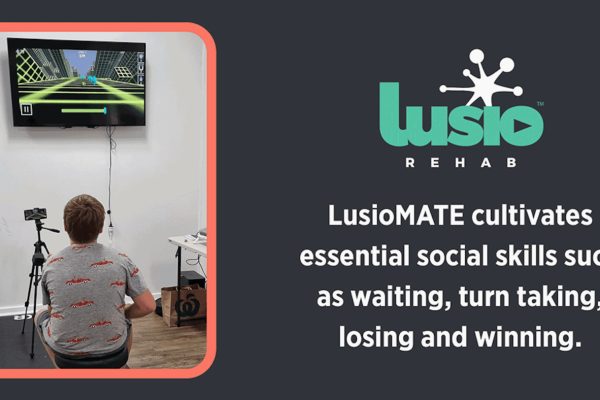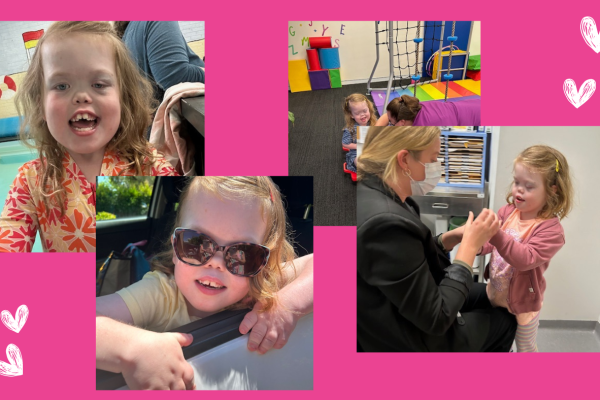
Spreading your wings – tips for moving out of home
Moving out of home is a huge milestone in any young person’s life. Here are some practical steps to prepare the whole family for this important rite of passage.
Every teenager is different − some can’t wait to fly the coop, and others want to stay at home for as long as possible.
Moving out of home is a huge moment for not just your child, but the entire family unit.
While it might feel like a daunting prospect, especially when considering additional challenges such as sourcing appropriate housing and concerns about finding attuned and professional support workers, with the right support and preparation, it can happen.
Moving out is not the first, and it won’t be the last, challenge your child encounters… but think about all your child has achieved so far!
Planning is key
Supporting your young adult to move into their own home begins with careful planning. As with all major life events, we tend to think that preparation is largely practical but rather, it’s multi-dimensional: practical, emotional and mental.
Practical planning considerations include:
• Location
• Accessibility
• Affordability
• Type of accommodation
• Living arrangements – alone or with others?
Mental and emotional preparations include:
• Are they ready?
• Do they have the skills to care for themselves?
• How much support do they really need to live safe and well?
• How can they gain independence and feel safe when away from the family?
• How dependent are they on emotional support from others?
Before taking the plunge, you can support your child to get ready by creating a living environment outside of the family home:
• Going on holiday or trips – this can be done with support from NDIS core supports, if you have a goal in your plan to develop capacity for independence.
• Engage with a mentor to undertake activities out of the home or focus on self-care and household management.
• Trial Short Term Accommodation (STA). See how much support your child needs to manage outside your home environment.
• Consider transport that will work best for your child when engaging with the community. Do they need to use public transport? And if so, do they need support to do this?
Explore your networks
Speak to others who have supported a loved one to undergo this transition.
• Where did they begin?
• Who do they recommend as a provider of choice and why?
• How did they prepare?
• What have they learnt along the way?
Don’t forget to plan for after the big move
After all, the transition into independence is dynamic and doesn’t stop once the moving boxes have been unpacked.
It’s important to make plans to look forward to, such as when you will meet next, frequency and where you will meet. This will change over time as you all get used to your “new normal”.
By meeting regularly, you can celebrate successes together and support each other with this time of change. Remember, it’s a big adjustment for everyone.
Timing
Start early. In their early teenage years, aim to build connections with people outside of the family. Foster participation in groups, outings and trips. This will build on their independence, while also giving you oversight and the ability to coach them along the way. Learning to interact with people from all walks of life is essential for a successful transition towards independent living. Paid staff and support workers can provide practical support during the big move, but support in relation to attitudes, sharing and respect take time to develop and learn.
For the appropriate level of accommodation and staff funding, goals should be in the NDIS plan at least one year prior to moving out of home. During this year of preparation, NDIS funding for assessments regarding your adult child’s capacity and support needs may be an option. Don’t be afraid to meet with different providers to explore what accommodation and support can be provided for your unique requirements.
TIPS
- A Support Coordinator is a great resource. They can arrange for you to meet and connect with providers and other people on this journey. They can ask the difficult questions and may have more knowledge to find out what you need to know. If you don’t already have Support Coordination funding in your plan, you will need to request this at your plan review.
- In addition to preparing your young adult to move out, don’t forget to prepare yourself. Often our sense of identity is tied up in caring for our loved ones. When this changes, people can feel a sense of loss.
- If living independently is your adult child’s goal, then it’s a good idea to have this recorded in your NDIS plan as you may be able to access NDIS funding to assist with your search for accommodation.
- If you don’t know anyone that has gone through this process, there are associations you can connect with.
Baptist Care SA is a registered NDIS provider supporting South Australians to get the most out of their NDIS plan. baptistcaresa.org.au/service/disability-ndis






